About Richard L. Roudebush Veterans’ Administration Medical Center
Richard L. Roudebush Veterans’ Administration Medical Center is a full service medical facility that provides a variety of medical and mental health support to active duty military members and veterans. It’s located in Indianapolis, Indiana.
You’ll also find specialized services including comprehensive support if you’re navigating a drug, alcohol, or opioid use disorder. Among these services are detox, counseling, and medication assisted treatment (MAT). Care is offered in both an inpatient setting and an outpatient setting.
The medical center sits right on White River, giving you beautiful waterfront views in downtown Indianapolis. It’s a modern facility that provides quality medical care in a hospital like setting. Since the building itself is rather dated, there’s still an overarching medical feel to the facility, but that’s expected in such a large medical facility. Despite its clinical feel, you’ll be welcomed and treated by an inviting and caring staff that will help you through your treatment program.
Inpatient rooms are modern with a welcoming and comfortable ambiance. If you’re stopping in for outpatient care, you’ll find spacious waiting rooms that will accommodate you and any family members who join you for your appointments.
Along with the quality care offered here, one of the other benefits of seeking treatment here is your access to the vibrant city of Indianapolis. Public transportation services that run through here allow you to easily move through the downtown and surrounding community.
You can also easily get to and explore popular attractions including the many museums here, the Indianapolis Cultural Trail, and the beautiful White River Park. There’s a strong sense of community here, and you’ll have different opportunities to build meaningful relationships and connections with the diverse community.
Addiction Treatment Programs
Alcohol Rehab
In Indiana, an alcohol rehab provides a combination of therapy and education to help clients overcome alcohol misuse. Alcohol programs address the mental, emotional, and relational issues that may contribute to addiction. You’ll learn to build a new support network that supports your long-term sobriety.
Dual Diagnosis
When you have a dual diagnosis, you have mental health and substance use concerns. It’s important to choose a rehab in Indiana that can treat both. Along with traditional evidence-based substance use treatment, clients may receive mental health counseling, medication, peer support, and other tools to help them manage their mental health.
Opioid Addiction
Rehab in Indiana helps clients find the motivation to make a change and gives them the tools to break free from opioid addiction and achieve long-term sobriety. These treatment programs offer detox, inpatient treatment, and outpatient care. You may receive individual, group, and family counseling, peer support, and classes in essential life skills.
Adult Program
Those who join an adult program in Indiana are given training in key life skills to help them with parenting, their career, and more. Along with traditional evidence-based treatment, clients may receive employment support, parenting classes, and help securing housing.
Senior Rehab
If you’re older, finding a senior rehab in Indiana can make all the difference in helping you overcome substance use. Along with traditional evidence-based treatment, clients may receive peer support, pain management education, and referrals to social services that can help with challenging aspects of daily life.
LGBTQ Friendly Rehab
Finding an LGBTQ+ friendly rehab in Indiana can make all the difference in helping you overcome substance use. LGBTQ+ friendly programs may include detox, inpatient treatment, outpatient care, aftercare services, and more. They will be tailored to take into account your unique individual needs.
Military Rehab
A military rehab in Indiana will understand the unique issues faced by military members and veterans that can make recovery harder. Along with traditional evidence-based treatment, clients may receive trauma-focused care, peer support, help with PTSD, and classes in overcoming other specific challenges.
Men's Rehab
If you’re a man struggling with substance use, consider a men’s rehab program in Indiana. Along with traditional evidence-based treatment, clients may receive education on topics relevant to men, such as fatherhood, healthy relationships, emotional vulnerability, and more.
Women's Rehab
A women’s rehab in Indiana addresses the recovery needs of female clients and gives them the tools they need to succeed. Along with traditional evidence-based treatment, clients may receive help with childcare, classes in parenting, and advice about being a working mother and building healthy relationships.
Young Adult Rehab
Young adult rehabs in Indiana help young people overcome substance use and learn new life skills. Along with traditional evidence-based treatment, clients may receive educational support, employment training, and help securing housing.
Insurance Coverage
Self-pay options
Paying for rehab in Indiana can be done a number of ways, including self-pay. When you pay on your own, you can write a check, send money electronically, or use a medical loan. Check with the center for the fee structure, which may vary based on the level of care.
Private insurance
If you have private insurance, that’s one good way to pay for substance use treatment in Indiana. Your insurance plan can pay for some or all of the costs of rehab, although you will want to contact the insurer for full details. You may have some out-of-pocket costs such as copays or deductibles.
Military insurance
There are many ways to pay for rehab in Indiana, including using military insurance if you’re a service member or veteran. Plans vary, so contact the insurer to find out what treatment centers are in your plan’s network and to learn coverage details.
Medicaid
If you qualify for Medicaid in Indiana, you can use your coverage to help pay for rehab treatment. You can find treatment centers that accept Medicaid offering multiple levels of care, including detox, inpatient, and outpatient. You may pay little or nothing out-of-pocket.
Medicare
For those with Medicare, using your coverage to pay for treatment in Indiana can make rehab more accessible. Keep in mind that Medicare plans vary, so it’s important to check on coverage information and to find out which treatment centers accept your coverage.
Free
One option for affordable addiction treatment in Indiana is looking for free rehabs. Free rehabs are often state-supported or run by your local county. You can find help with detox, inpatient treatment, and outpatient care.
Sliding scale payment assistance
There are many ways to pay for rehab in Indiana, including finding a program with a sliding scale payment plan. Centers make lower fee arrangements for those in need based on income and family size. You may need to provide documentation.
Levels of Care
- 1
Detox Treatment
When you enter rehab in Indiana, the first step is to allow the substances to leave your system, which is known as detox. A medical detox program will provide 24/7 supervision by medical staff who can treat withdrawal symptoms with FDA-approved medication and other treatments.
- 2
Inpatient Rehab
If you want or need to focus on recovery without distractions, consider inpatient treatment in Indiana. Residential treatment allows you to build new relationships and begin to learn how to enjoy life without substance use.
- 3
Outpatient Rehab
During outpatient treatment in Indiana, clients receive evidence-based treatment while living at home or in sober living. Outpatient treatment includes multiple approaches, including cognitive behavioral therapy (CBT), motivational interviewing (MI), and holistic therapy options.
- 4
Aftercare Support
During aftercare in Indiana, clients will receive ongoing support that makes it easier to practice their new habits and maintain recovery. The end of treatment is far from the end of the story, so take advantage of aftercare resources such as sober living, 12-step and other support groups, peer coaching, and more.
Therapies
Cognitive Behavior Therapy
Cognitive behavioral therapy in Indiana can help you challenge the thoughts behind your emotions and actions. CBT is a common part of evidence-based treatment programs and may be a part of inpatient treatment, outpatient care, or both. CBT can be empowering as you learn to manage your thoughts and emotions rather than being overwhelmed by them.
Experiential Therapy
The goal of experiential therapy in Indiana is to help you process your emotions and gain confidence in your ability to create positive change. Experiential therapy is commonly part of inpatient or intensive outpatient treatment and may be used to help with skill-building, addressing trauma, and managing substance use triggers.
Family Therapy
During family therapy in Indiana, clients have a supportive environment to talk with family members about conflict and unhealthy behaviors that may trigger substance use. Some of the topics covered in family therapy include improving communication, developing healthy coping skills, avoiding codependency and enablement, and learning to support each other in healthy ways that foster recovery from addiction.
Group Therapy
During group therapy in Indiana, clients have a safe environment to share their struggles with others going through similar issues. Group therapy is a normal part of evidence-based treatment programs, and may be a part of inpatient treatment, outpatient care, or both. Topics include addiction education, sharing of experiences, and learning new skills.
Individual Therapy
Individual therapy in Indiana is led by a professional therapist who talks to you about your specific experiences and emotions. Individual therapy is a common part of both inpatient and outpatient substance use treatment and may be used to help with skill-building, overcoming trauma, and creating a substance-free lifestyle.
Trauma Therapy
If you struggle with addiction in Indiana, it’s common to feel like no one understands what you’ve been through. Trauma-informed therapy can help you find professional help addressing your past and creating a healthier response going forward. Trauma-informed therapy sessions generally last 60 to 90 minutes and may include discussing a specific event, talking about emotional triggers, and learning emotional regulation and cognitive restructuring skills.
Eye Movement Desensitization and Reprocessing
Accreditations
Location
Contact Richard L. Roudebush Veterans’ Administration Medical Center
Top Drug Rehab Centers in Indiana
-
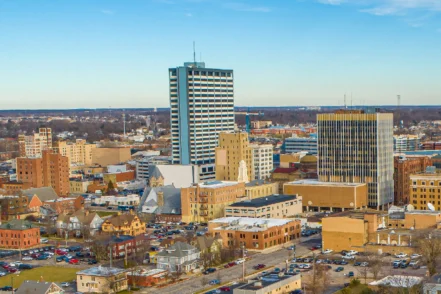 Indiana
IndianaAlcohol and Addictions Resource Center
818 East Jefferson Boulevard South Bend, Indiana 46617
-
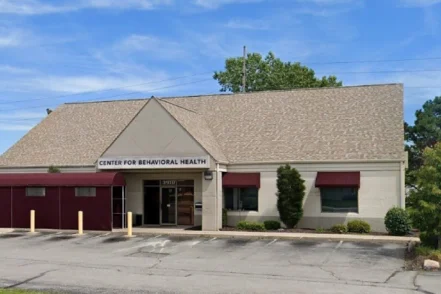 Indiana
IndianaCenter for Behavioral Health Fort Wayne
3910 Lima Road Fort Wayne, Indiana 46808
-
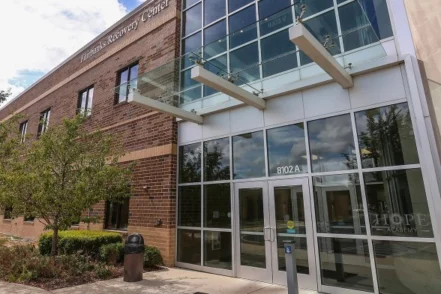 Indiana
IndianaCommunity Fairbanks Recovery Center
8102 Clearvista Parkway Indianapolis, Indiana 46256
-
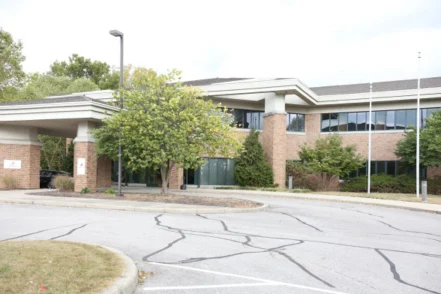 Indiana
IndianaLandmark Recovery Indianapolis
6330 Digital Way Indianapolis, Indiana 46278
-
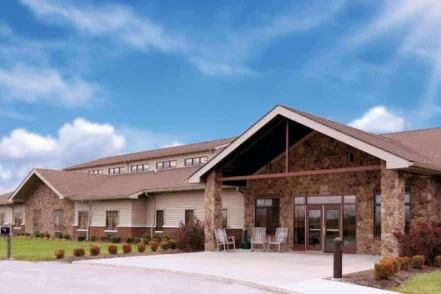 Indiana
IndianaBrentwood Springs
4488 Roslin Road Newburgh, Indiana 47630
-
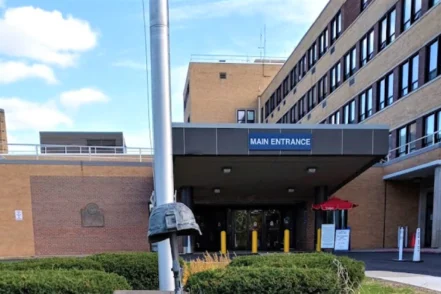 Indiana
IndianaVA Northern Indiana Health Care System Fort Wayne Campus
2121 Lake Avenue Fort Wayne, Indiana 46805
-
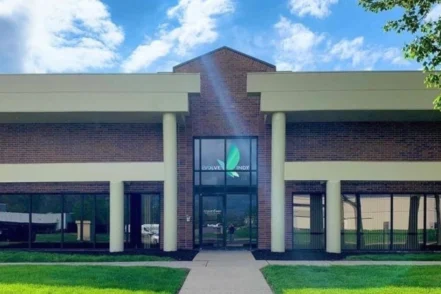 Indiana
IndianaEvolve Indy
8770 Guion Rd, Suite B Indianapolis, Indiana 46268
-
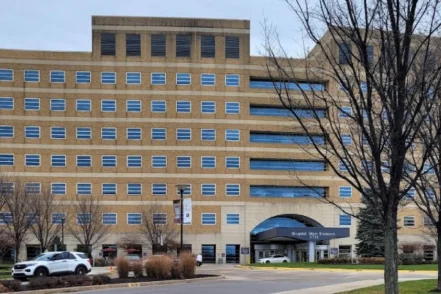 Indiana
IndianaIU Health Methodist Hospital Indianapolis
1701 North Senate Blvd. Indianapolis, Indiana 46202
-
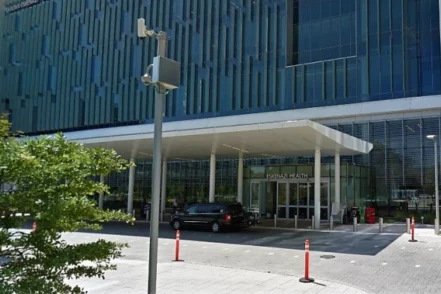 Indiana
IndianaSandra Eskenazi Mental Health Center Eskenazi Avenue
720 Eskenazi Avenue Indianapolis, Indiana 46204
-
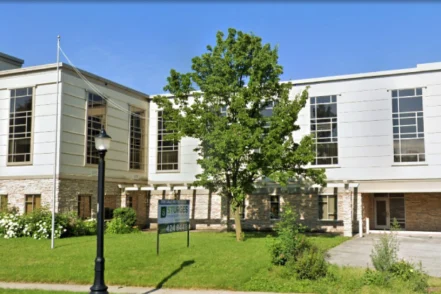 Indiana
IndianaAvenues Recovery Center at Fort Wayne
2626 Fairfield Avenue Fort Wayne, Indiana 46807

